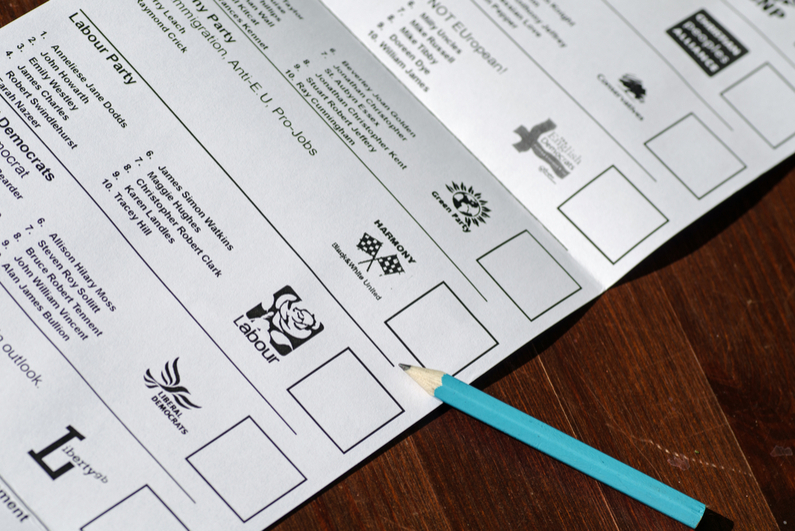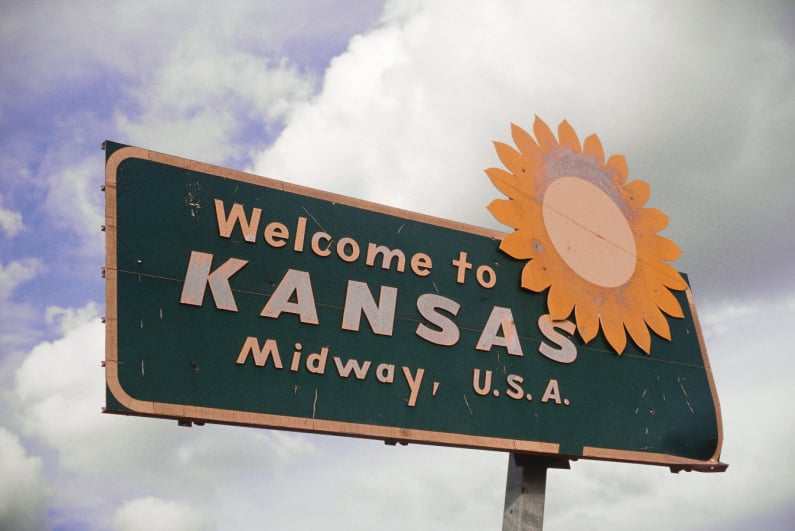30-second summary
- Promised overhaul of 2005 Gambling Act
- Law is “unfit for the digital age”
- Loot boxes will be banned, online gambling spend would be capped
- Better checks on affordability for problem gamblers
The UK’s Labour Party has outlined sweeping changes to the gambling industry if it wins the next election. The party’s deputy leader, Tom Watson, addressed the social think tank, the Institute for Public Policy Research, to unveil its new policy on gambling.
He said the 2005 Gambling Act is “analogue legislation failing to meet the needs of the digital age” because it does not take online gambling into account. Among the changes he promised are a ban on loot boxes and a limit on the amount of money a player could spend when gambling online.
Internet not included
Watson, the shadow secretary for digital, culture, media, and sport, said the 2005 Gaming Act was in urgent need of reform. Much of the UK’s gambling, currently worth £5bn ($6.6bn) a year, is online. But the legislation mentions the internet just twice and email only once. Social media are not mentioned at all.
He said that recent scandals involving online gambling platforms had shown that the regulations were inadequate. He described them as “leading to gross excesses, abuse, and vulnerable problem gamblers being let down.”
This was a reference to the UK Gambling Commission’s crackdown in 2018, when it handed out fines of £14m ($18.6m) to three online casinos. The casinos’ systems had failed to prevent problem gambling and money-laundering.
Watson said: “Whereas gambling in the offline world is highly regulated, the lack of controls on online gambling is leading to vulnerable consumers suffering huge losses.”
Stricter oversight on games
Watson said the UKGC needs to apply stricter oversight on gambling-style features in computer games, such as loot boxes. Players are encouraged to buy these without always knowing the contents, but so far the regulator has ruled they do not constitute a game of chance.
However, Watson, who is a keen gamer himself, said loot boxes and skin betting could lead to addiction. He said: “The natural lookout post for the controls on loot boxes would be the Gambling Commission. I don’t want gaming to become the gateway to gambling.”
Watson also proposed that the Labour Party would cap the amount consumers could gamble.
Capping stakes
Campaigners had persuaded the government to slash the maximum stake on fixed odds betting terminals (FOBTs) from £100 ($133) to £2 ($2.65). Watson said: “In the case of FOBTs it was clear there was a need to place a limit on the stake of a particular product so why not apply it to other products too?
“Whereas gambling in the offline world is highly regulated, the lack of controls on online gambling is leading to vulnerable consumers suffering huge losses. Online gambling companies have a responsibility to protect their customers from placing bets that they cannot afford.”
He added that unlike FOBTs, there were no limits in place for online gambling. Recent research indicated that mobile gambling apps were more addictive. The proposal also includes a limit on the speed at which gamblers could make subsequent bets.
Watson also wants to force online casinos to carry out affordability checks to ensure gamblers have sufficient funds. He said the current regulations require that a gambler spending more than £1,500 in a day has to be checked, but this is aimed at stopping money-laundering. The check was more likely to be made not when a gambler was placing bets, but when they tried to withdraw their winnings.
Watson added: “There needs to be a system of thresholds and due diligence that can check affordability before a gambler can start placing higher deposits. Labour will apply limits to the level of spend, and stake limits should be enforced on certain products. Profits have come before consumer protection for far too long.”
The deputy leader would not be drawn out on what monetary limits might be applied, but he hinted that it could also apply to sports betting and horse racing. The Association of British Bookmakers had campaigned against the FOBT cap because it feared it might lead to a clampdown on horse race betting.
Industry responses
Sian Griffiths, deputy chair of Gamble Aware, said the policy would help protect children. She estimated that up to 500,000 children aged 11 to 16 gamble. She said: “We need to be looking at the similarities between gaming and gambling.”
A spokesperson for the Remote Gambling Association said: “We fully embrace the need to move faster to tackle problem gambling through effective regulation based on innovation, evidence and customer data. We are committed to working with the government and opposition to achieve that goal.”
But when?
Election legislation in the UK requires a fixed term of five years for a government. However, this does not stop a prime minister from calling a snap general election. This happened in 2017, when Theresa May called a snap election slightly over two years after the 2015 election.
The next general election is scheduled to take place on May 5, 2022. But such is the UK’s current political turmoil over Brexit that political pundits say another snap election much earlier is likely.
The Labour Party has its own difficulties in the polls at present, so there is no guarantee they would win. It remains to be seen how long it might be to see this policy become a reality.




